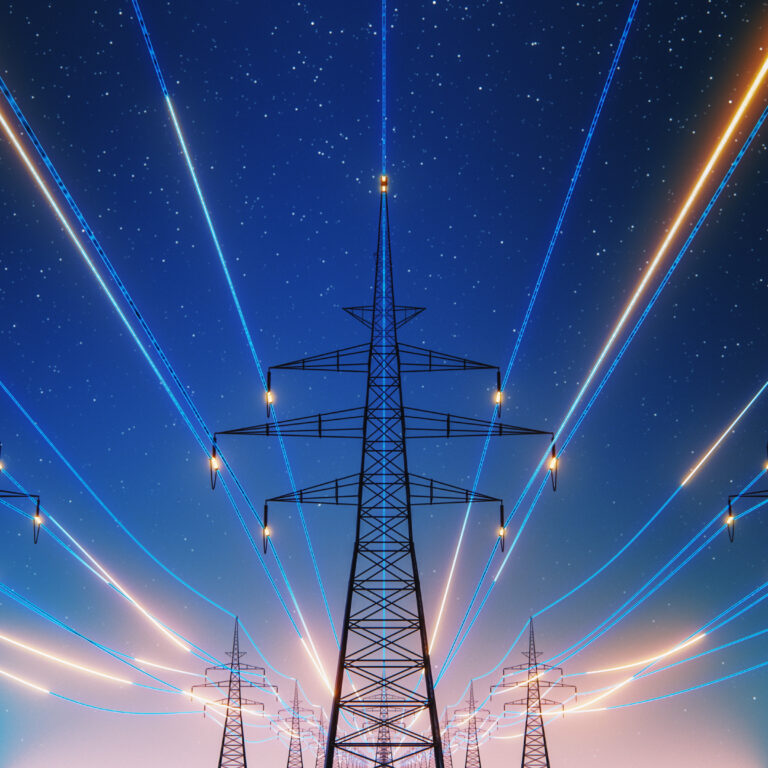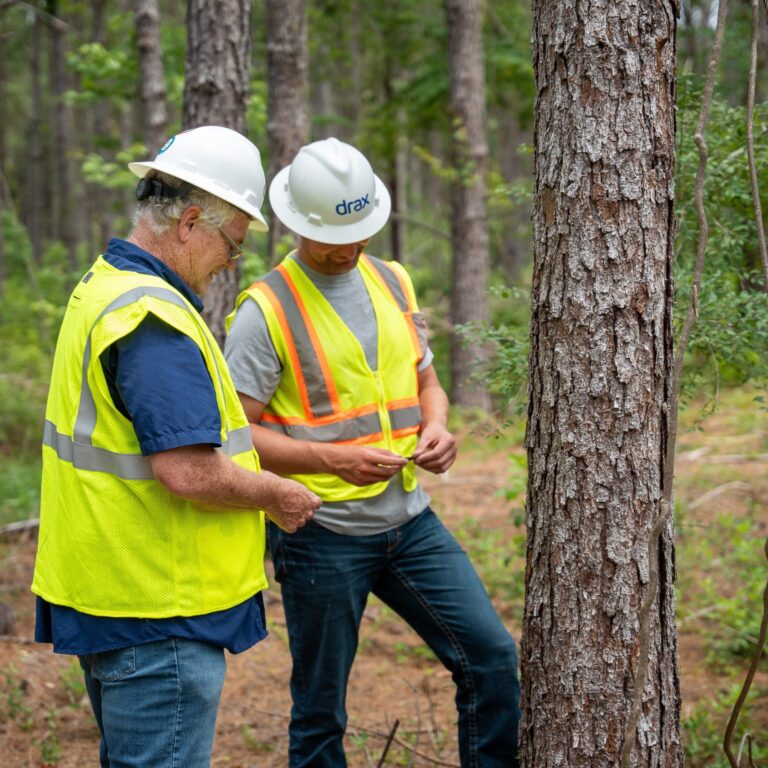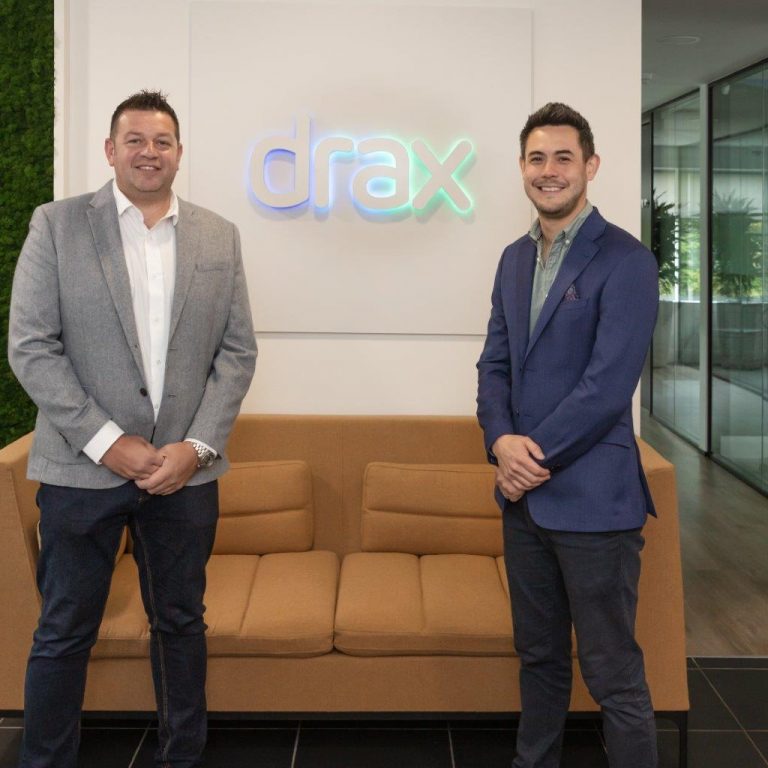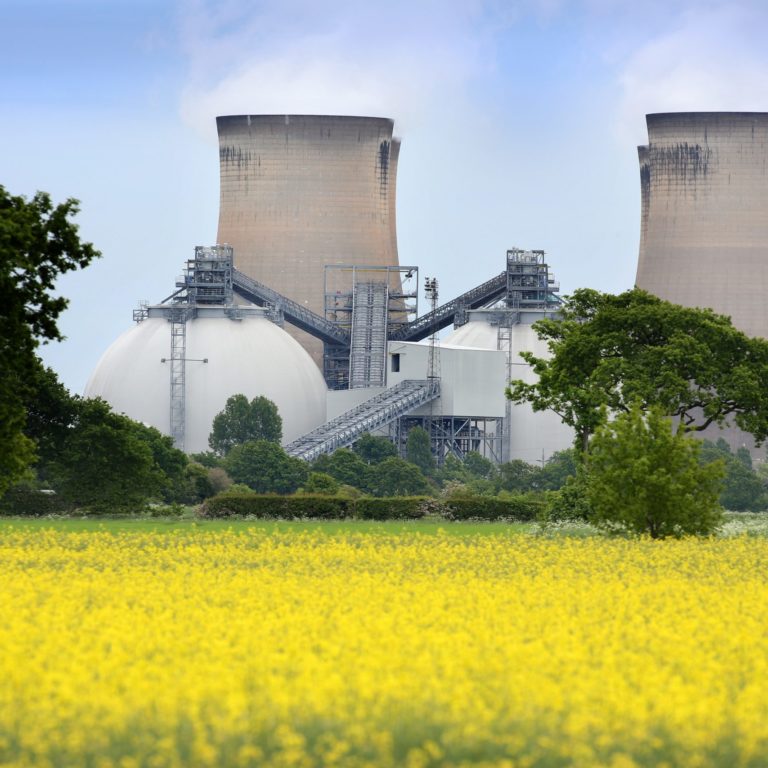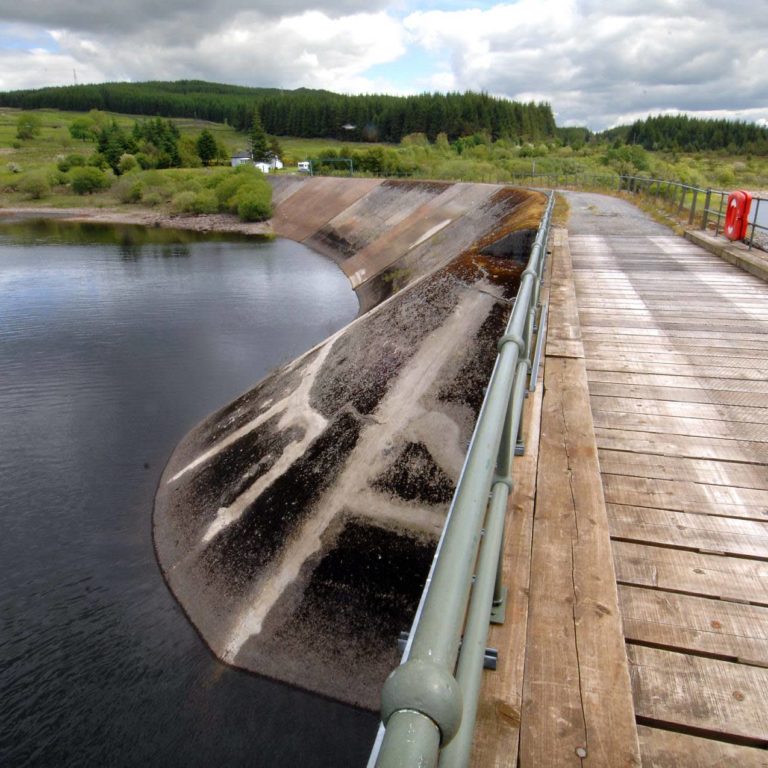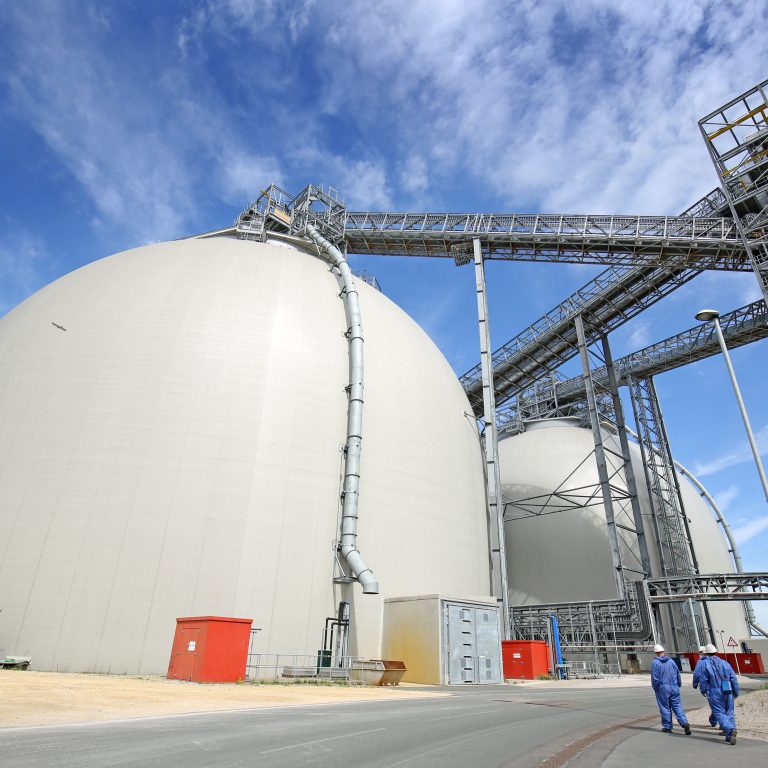-
Two thirds of business leaders (68%) claim the pandemic has made them more environmentally conscious
-
Three quarters (75%) feel they need to run their businesses differently with a renewed focus on flexibility
-
Over half (59%) say that the pandemic has increased the importance of sustainability, but the need to stabilise their business is holding them back
The survey, jointly commissioned by B2B energy suppliers Opus Energy and Haven Power, part of Drax Group, found bosses are having to make bolder decisions as they prepare for a brave new business world. 66 percent admit that their own leadership requires a greater degree of bravery in decision making since the pandemic.
The news comes as the UK begins to move out of lockdown, and businesses begin to identify processes for the new world. Although over half (59%) say the pandemic has increased the importance of sustainability, the need to stabilise their business is holding them back from making bigger leaps in the sustainability agenda.
Three quarters (75%) of those questioned feel they need to run their businesses differently, with a focus on new ways of working, and almost half (48%) are looking to offer the option of working from home as they seek to provide employees with more flexibility.
Paul Sheffield, Managing Director of Drax’s Customer’s Businesses, said:
“Dealing with COVID-19 and the climate emergency is the greatest challenge the world has possibly ever faced. Business leaders recognise they need to be braver and more agile in their decision making to manage short-term priorities of stabilising their businesses and protecting employees. But they also realise that as we navigate out of lockdown, it’s more important than ever to make sure sustainability is at the heart of their operations.
“Drax is committed to enabling a zero carbon, lower cost energy future. We are working with our customers as an energy partner, enabling them to become more sustainable, to reduce their emissions by using renewable electricity, EVs, batteries and smart technologies which are better for the environment but can also have a positive impact on their bottom line as well.”
Haven Power and Opus Energy are both specialist energy suppliers to businesses across the UK. As part of Drax Group, both brands are committed to delivering a zero carbon, lower cost energy future. By providing 100% renewable energy tariffs, developing end-to-end electric mobility solutions, and working with more than 2,300 small independent generators to provide customers with renewable energy, Drax is enabling the businesses it works with source and use their energy effectively, reducing costs and carbon emissions, whilst helping them to grow better businesses.
Get more information on the report / how to guide and learn more.
** Ends **
Notes to editors
An online survey was conducted by Atomik Research among 1,251 respondents from the UK, all were senior managers and worked for various different sized companies. The research fieldwork took place from June 2 to 11, 2020. Atomik Research is an independent creative market research agency that employs MRS-certified researchers and abides to MRS code.
About Haven Power
Haven Power is a specialist business electricity supplier, providing renewable electricity to national and global businesses across the UK. Headquartered in Ipswich, it employs almost 400 staff.
Offering 100% renewable power, its portfolio of over 20,000 customers comprises market leaders across multiple industries, including Gatwick Airport, Edgbaston, Sutton & East Surrey Water, Colchester Hospital and Salford City Council.
As part of Drax Group, Haven Power is committed to delivering a low-cost, zero-carbon energy future. For more detailed information, please visit https://www.havenpower.com
About Opus Energy
Opus Energy is the UK’s fifth-biggest business energy supplier, supplying electricity and gas to more than 350,000 business locations across the UK. It employs over 900 people between Northampton, Oxford and Cardiff.
Sourcing 100% of its electricity from renewable sources last year and purchasing power from over 2,300 renewable generators in the UK, Opus Energy is part of Drax Group and is committed to delivering a low-cost, zero-carbon energy future.
For more detailed information please visit https://www.opusenergy.com/
About Drax
Drax Group’s purpose is to enable a zero carbon, lower cost energy future and in 2019 announced a world-leading ambition to be carbon negative by 2030, using Bioenergy with Carbon Capture and Storage (BECCS) technology.
Its 2,900-strong employees operate across three principal areas of activity – electricity generation, electricity sales to business customers and compressed wood pellet production.
Power generation
Drax owns and operates a portfolio of flexible, low carbon and renewable electricity generation assets across Britain. The assets include the UK’s largest power station, based at Selby, North Yorkshire, which supplies five percent of the country’s electricity needs.
Having converted two thirds of Drax Power Station to use sustainable biomass instead of coal it has become the UK’s biggest renewable power generator and the largest decarbonisation project in Europe. It is also where Drax is piloting the groundbreaking negative emissions technology BECCS within its CCUS (Carbon Capture Utilisation and Storage) Incubation Area.
Its pumped storage, hydro and energy from waste assets in Scotland include Cruachan Power Station – a flexible pumped storage facility within the hollowed-out mountain Ben Cruachan. It also owns and operates four gas power stations in England.
Customers
Through its two B2B energy supply brands, Haven Power and Opus Energy, Drax supplies energy to 250,000 businesses across England, Scotland and Wales.
Pellet production
Drax owns and operates three pellet mills in the US South which manufacture compressed wood pellets (biomass) produced from sustainably managed working forests. These pellet mills supply around 20% of the biomass used by Drax Power Station in North Yorkshire to generate flexible, renewable power for the UK’s homes and businesses.











